What Are Phrasal Verbs?
Phrasal verbs are compound verbs that consist of two or more words that combine to form a new verb that has a meaning distinct from the original terms. Let’s look at a few phrasal verb examples to help you understand: Put on denotes putting something on oneself (e.g., clothing), get on denotes moving forward; and go on denotes continuing on even in the face of leaving something behind.
Phrasal verbs are very helpful in casual speech. But we may have trouble comprehending casual English if we don’t know what these phrasal verbs signify. Thus, knowing how to use phrasal verbs is really helpful for having a discussion that flows naturally!
Advantages of Using Phrasal Verbs
- Expressiveness: Phrasal verbs allow for more nuanced and expressive communication.
- Versatility: They add flexibility to language use, enabling speakers to convey various shades of meaning.
Types of Phrasal Verbs:
- Transitive Phrasal Verbs
- Intransitive Phrasal Verbs
- Separable Phrasal Verbs
- Inseparable Phrasal Verbs
Phrasal Verbs in English Grammar With Example Sentences:
Transitive Phrasal Verbs
For a transitive phrasal verb to make meaning, an object is required. They resemble acts that call for the activity of something or someone. In the sentence “She picked up the book,” for instance, “picked up” cannot make sense without the object “book”. Verbs like “pick up,” “set down,” “turn off,” and “bring up” are frequently used in these contexts. They aid in the description of acts involving face-to-face communication with people or objects.
| Transitive Phrasal Verb | Example Sentence |
|---|---|
| Turn on | She turned on the TV to watch her favorite show. |
| Take off | He took off his sunglasses and smiled. |
| Put down | Please put down the book you are reading. |
| Pick up | Can you pick up the groceries on your way home? |
| Bring up | She brought up the topic of their next vacation. |
| Set up | They set up the tent in the backyard for camping. |
| Turn off | Can you turn off the stove after cooking? |
| Write down | He wrote down the important points during the meeting. |
| Fill out | Please fill out this form with your personal information. |
| Clean up | She cleaned up the kitchen after dinner. |
| Give back | Can you give back the book I lent you last week? |
| Look for | She looked for her keys everywhere but couldn’t find them. |
| Make up | They made up a story to explain their absence. |
| Find out | He found out the truth about the mysterious noise. |
| Break down | The car broke down on the highway. |
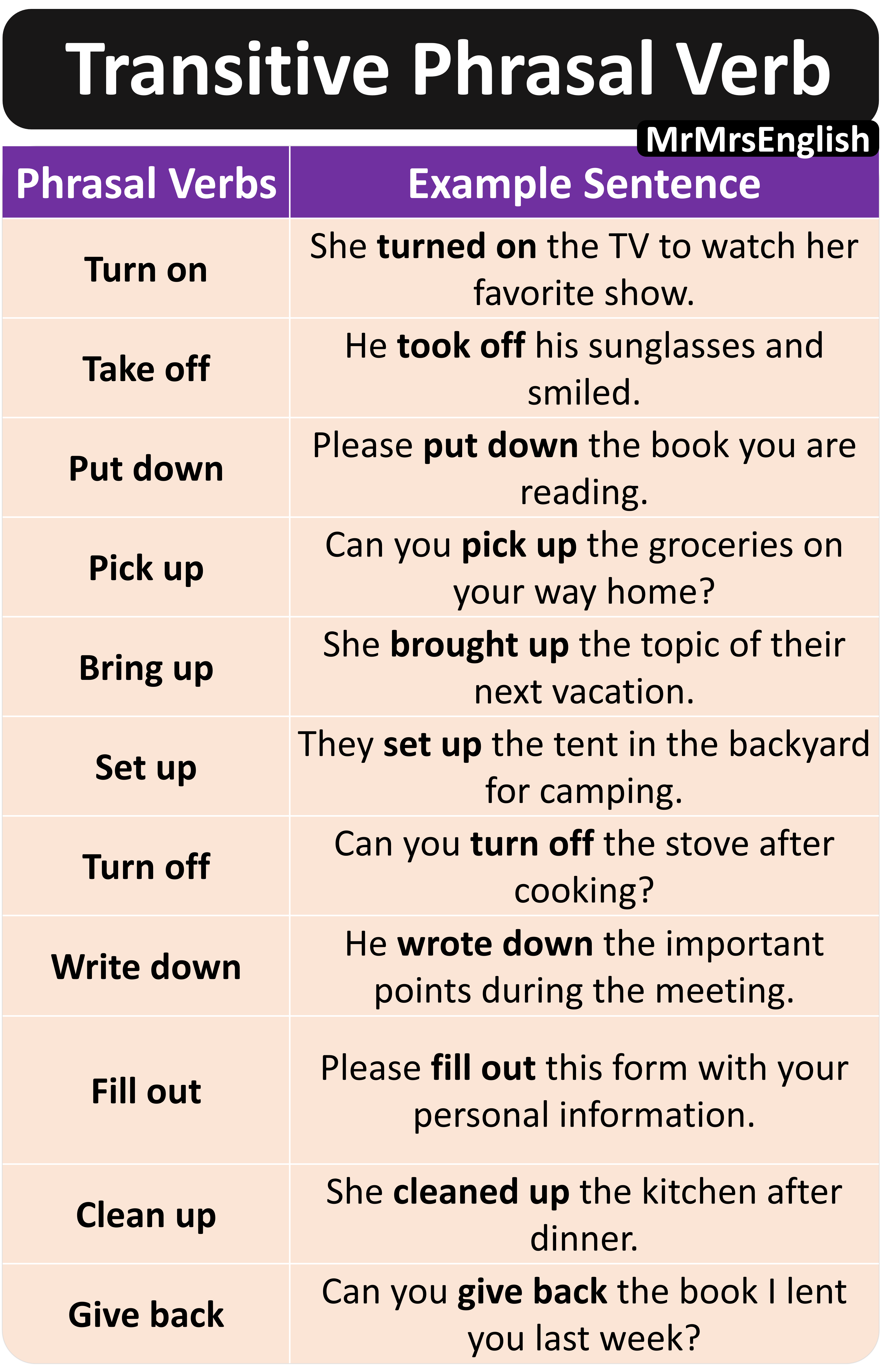
2. Intransitive Phrasal Verbs
Phrasal verbs that are intransitive do not require an object to be understood. They stand alone as whole units. In “She showed up at the party,” for instance, the word “shown up” functions on its own alone. They are frequently employed to describe generic acts that do not specifically include objects or persons, such as coming, happening, or continuing.
| Intransitive Phrasal Verb | Example Sentence |
|---|---|
| Show up | She showed up at the party around 9 PM. |
| Break down | The machine broke down during production. |
| Run out | We ran out of milk, so I went to the store to buy some. |
| Come in | Please come in and make yourself comfortable. |
| Go on | The show must go on despite the technical difficulties. |
| Stand out | Her talent stands out among the other contestants. |
| Back off | He backed off when he realized he was wrong. |
| Settle down | It’s time to settle down and start a family. |
| Look around | They looked around the new neighborhood before deciding to move. |
| Hang out | They often hang out at the local cafe after school. |
| Show off | She likes to show off her new jewelry at parties. |
| Grow up | He wants to be a firefighter when he grows up. |
| Break out | A fight broke out in the schoolyard during recess. |
| Fall apart | Their relationship fell apart after years of misunderstanding. |
| Move in | They moved in together after dating for six months. |
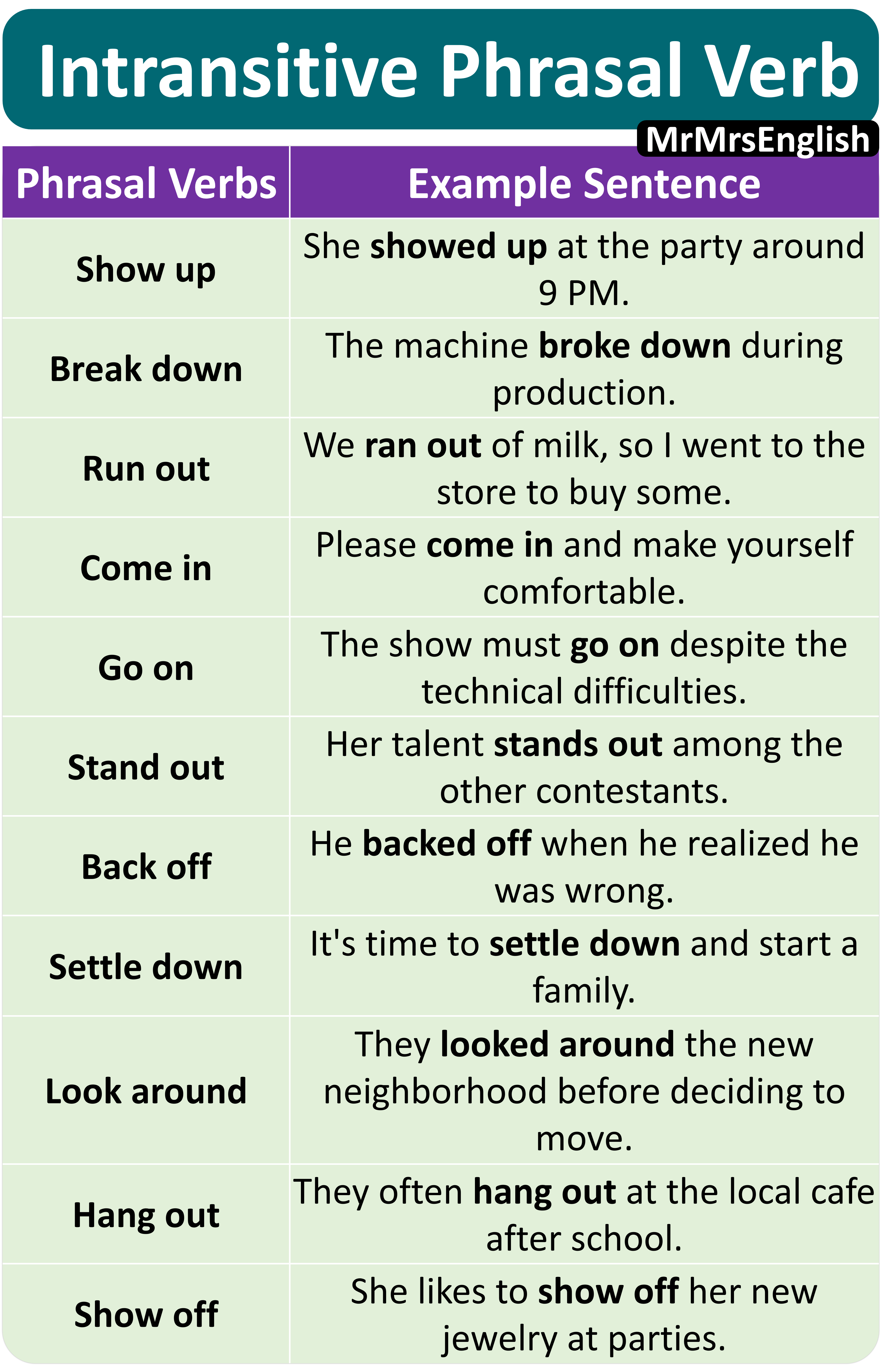
Intransitive Phrasal Verbs in English Grammar with example sentences
3. Separable Phrasal Verbs
You can insert an object in between the verb and the particle when using separable phrasal verbs. In the sentence “Please put the vase down,” for example, the word “vase” appears between the words “put” and “down.” They provide flexibility in phrase construction for object-related activities.
| Separable Phrasal Verb | Example Sentence |
|---|---|
| Turn on | She turned on the lights before entering the room. |
| Take off | He took his jacket off when he entered the warm house. |
| Put down | Please put the vase down gently on the table. |
| Pick up | Can you pick the toys up from the floor, please? |
| Bring up | She brought the topic up during the meeting. |
| Set up | They set the tent up quickly in the camping site. |
| Turn off | Can you turn the TV off before going to bed? |
| Write down | He wrote the address down in his notebook. |
| Fill out | Please fill the form out with your personal details. |
| Clean up | She cleaned the kitchen up after cooking dinner. |
| Give back | Can you give the book back to me when you’re done? |
| Look for | She looked her keys for in the living room. |
| Make up | They made a story up to entertain the children. |
| Find out | He found the truth out after investigating. |
| Break down | The car broke down on the highway. |
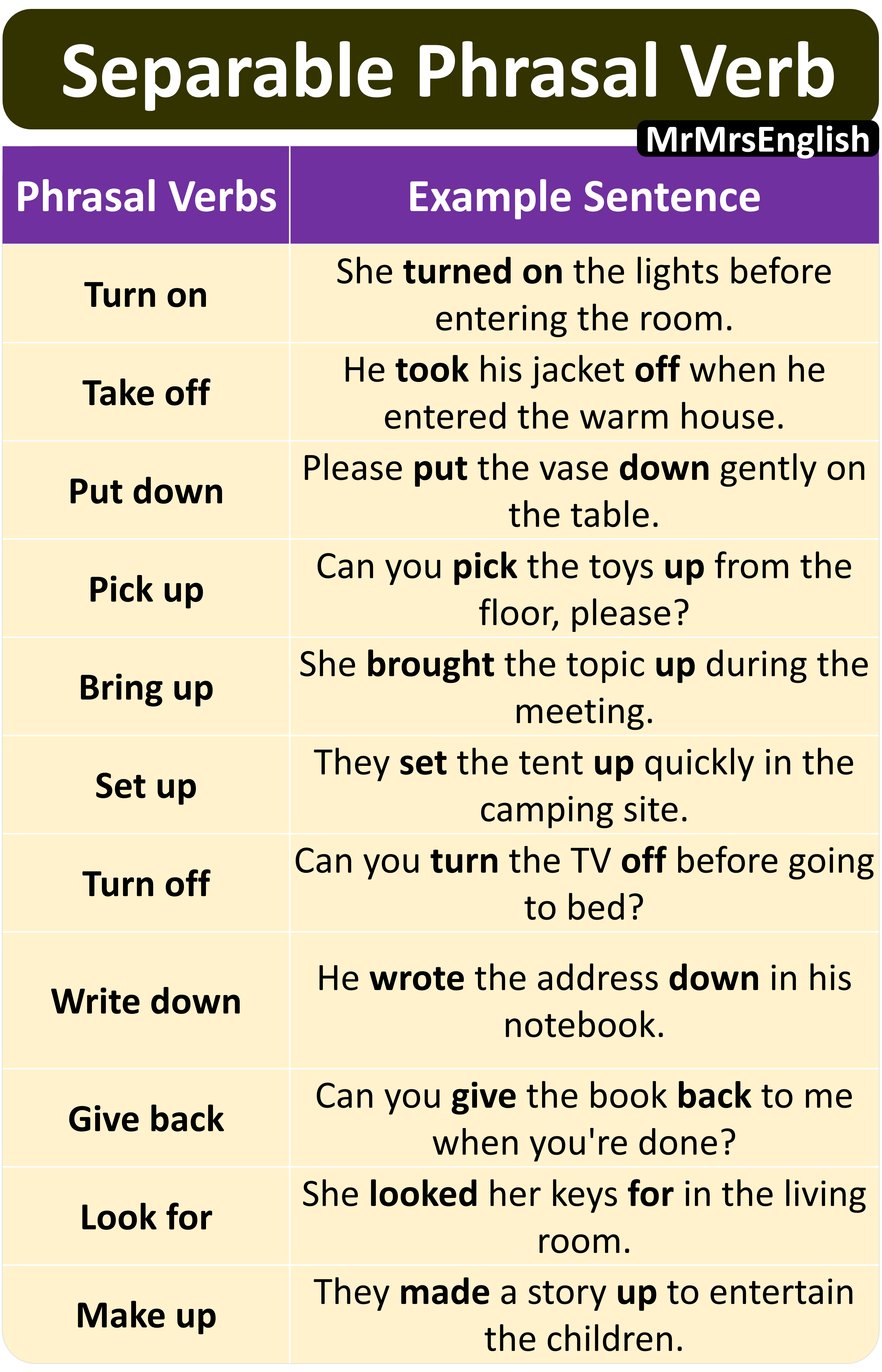
4. Inseparable Phrasal Verb
Phrasal verbs that are inseparable are ones in which the verb and particle cannot be separated. The particle must come before the item. In the sentence “She looks after her sister,” for instance, there is no space allowed between “looks” and “after.” These verbs are typically used to express caring for someone or something, looking like someone, or looking forward to something with great anticipation.
| Inseparable Phrasal Verb | Example Sentence |
|---|---|
| Look after | She always looks after her younger sister. |
| Stand up | He stood up to greet the guests. |
| Run into | We ran into our neighbors at the grocery store. |
| Take after | She takes after her mother in terms of personality. |
| Look forward to | They look forward to their vacation every year. |
| Get along with | He gets along with his coworkers very well. |
| Think about | She often thinks about her future career. |
| Look into | They need to look into the problem with the internet connection. |
| Deal with | He knows how to deal with difficult situations calmly. |
| Go through | We need to go through these documents before the meeting. |
| Believe in | She strongly believes in the power of positivity. |
| Count on | You can always count on me for support. |
| Put up with | She can’t put up with his constant complaining anymore. |
| Go for | They decided to go for a walk in the park. |
| Stick to | He always tries to stick to his exercise routine. |
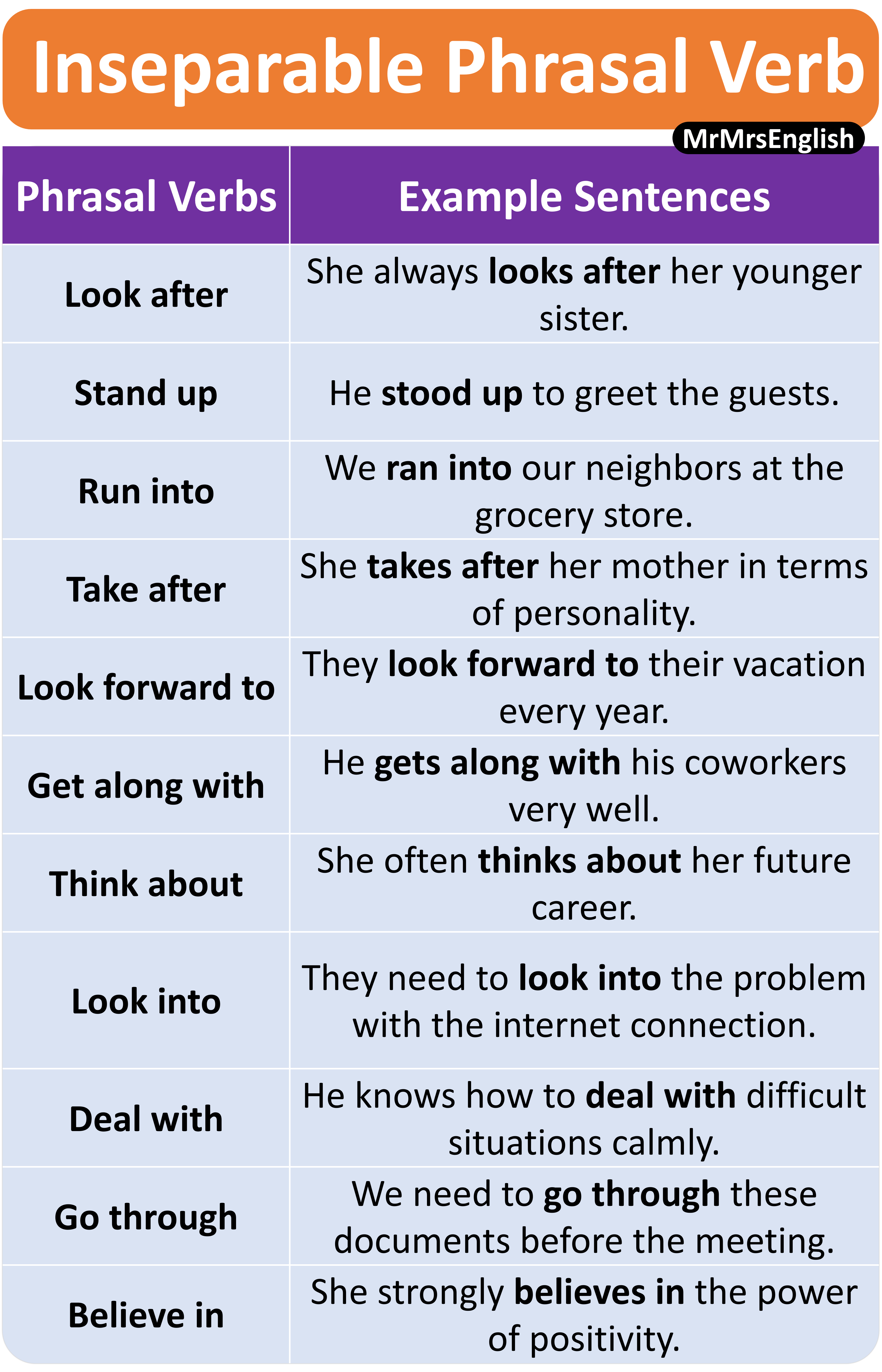
Inseparable Phrasal Verb in English Grammar with example sentences
More Helpful articles

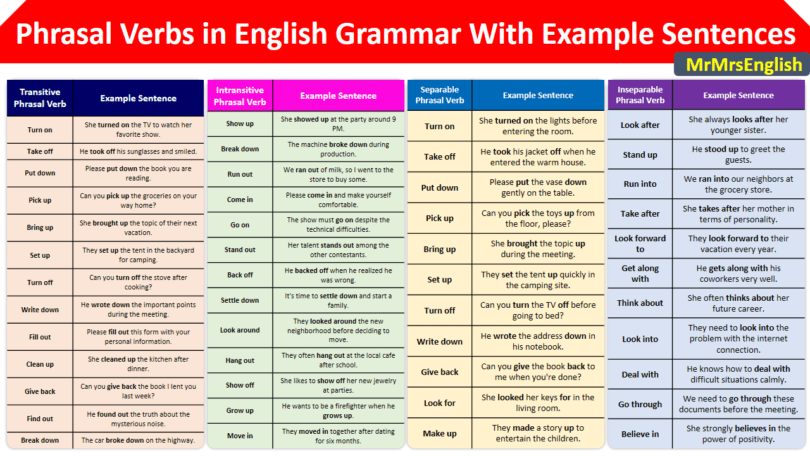

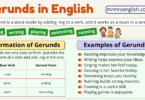
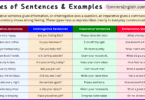
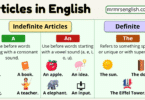
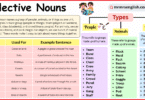
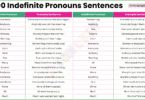
Leave a Comment